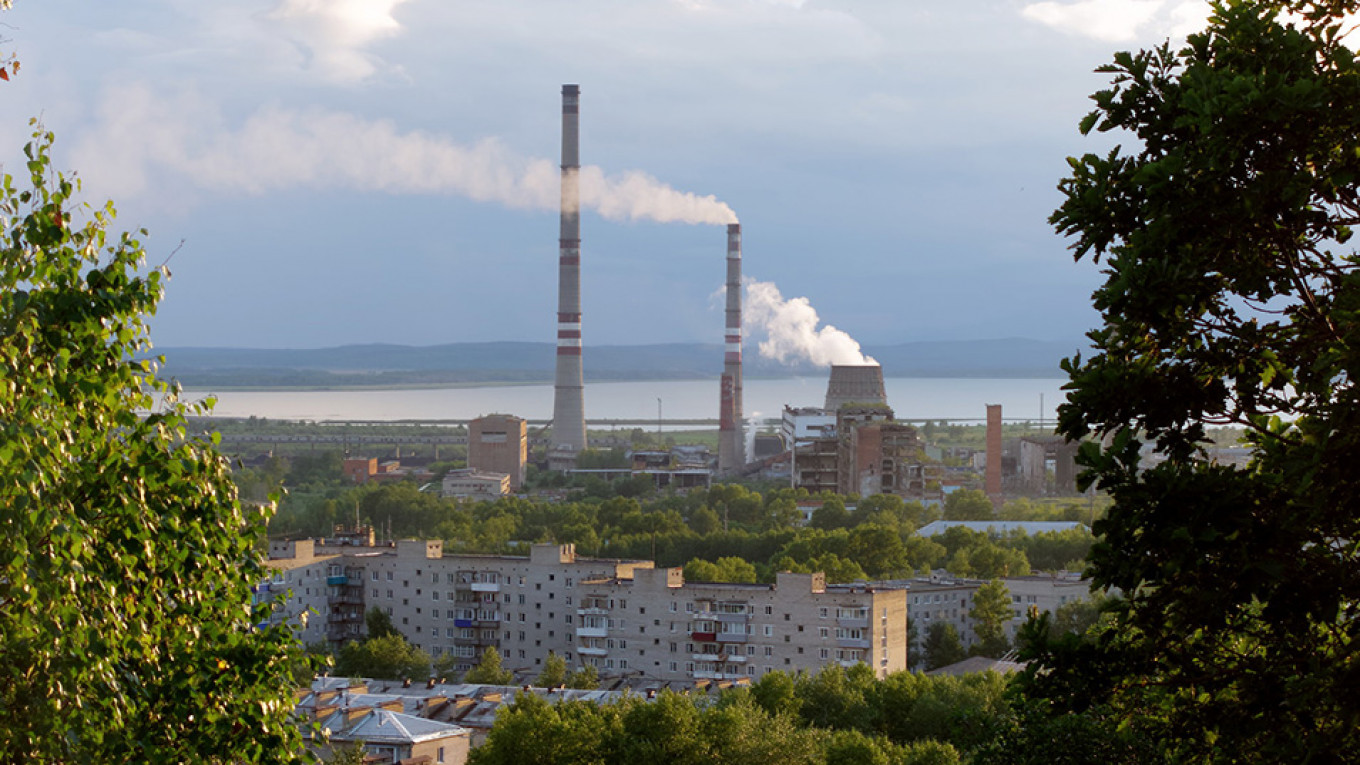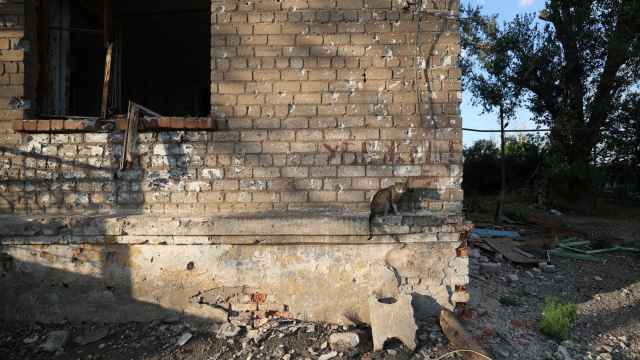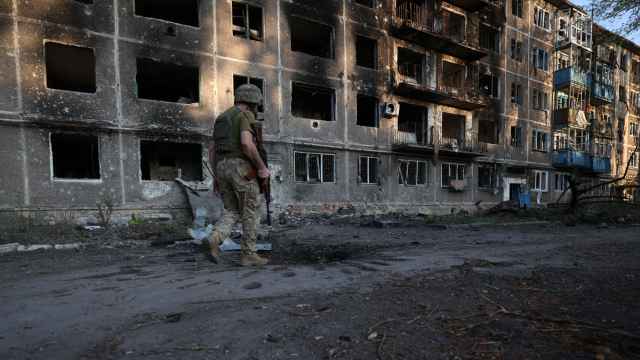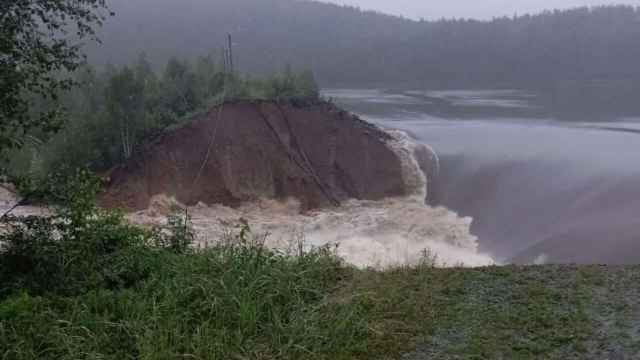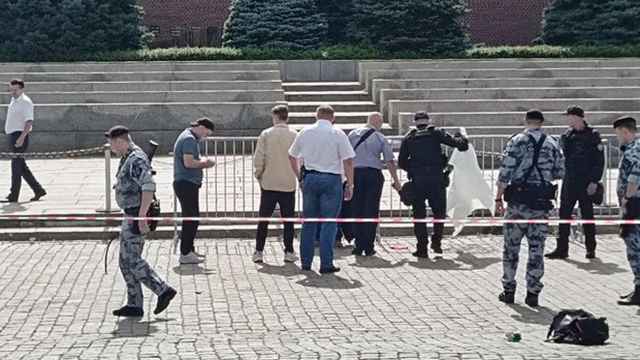Russian President Vladimir Putin has approved a new energy security doctrine preaching self-reliance in the face of geopolitical isolation.
Russia has unrivaled energy resources and is the world’s top exporter of gas and its second-biggest of crude oil.
The new doctrine replaces the 2012 plan and takes into account threats to Russia’s energy security and the effects of economic sanctions slapped on the country after the annexation of Crimea in 2014.
Here are some of the problems identified in the new doctrine:
— Sanctions restricting Russian energy companies’ access to modern technology, long-term funding and joint projects pose an economic and political threat.
— International climate policies and accelerating transitions to green economies pose foreign policy challenges.
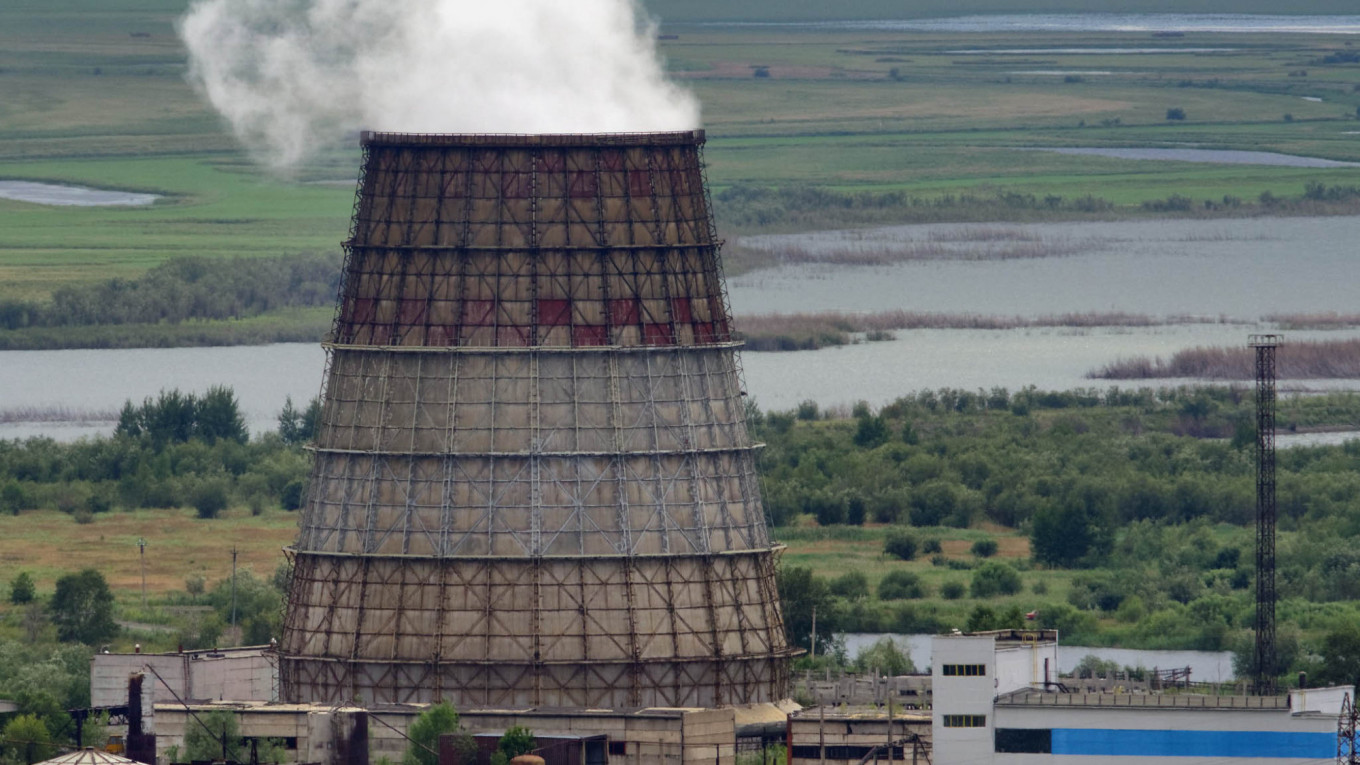
— Lower global demand for energy resources, the increase in global hydrocarbon reserves and the shift in economic growth toward the Asia-Pacific region pose external economic challenges.
— The increasing amount of liquefied natural gas (LNG) in the global market poses a challenge to Russia’s energy security.
— Changes in international energy legislation, including the European Union’s gas pipeline rules, which cast doubt on the operating structure of Russia’s planned Nord Stream 2 gas pipeline.
— On the domestic front, lower-quality resources, corruption, uncertainty over future demand and excessive environmental regulations pose threats and risks.
Here are some of the solutions the doctrine offers:
— Develop the domestic LNG market, including fuel and energy infrastructure in the Arctic and other strategic regions.
— Ensure “technological independence” through the use of Russian technology, equipment, material and software in energy investment projects.
— Combat discrimination against Russian fuel and energy companies in the global market.
— Ramp up domestic competition, but eliminate competition between different types of resources in the global market.
— Improve state management of the energy sector through legislation, price and safety regulation and risk management.
A Message from The Moscow Times:
Dear readers,
We are facing unprecedented challenges. Russia's Prosecutor General's Office has designated The Moscow Times as an "undesirable" organization, criminalizing our work and putting our staff at risk of prosecution. This follows our earlier unjust labeling as a "foreign agent."
These actions are direct attempts to silence independent journalism in Russia. The authorities claim our work "discredits the decisions of the Russian leadership." We see things differently: we strive to provide accurate, unbiased reporting on Russia.
We, the journalists of The Moscow Times, refuse to be silenced. But to continue our work, we need your help.
Your support, no matter how small, makes a world of difference. If you can, please support us monthly starting from just $2. It's quick to set up, and every contribution makes a significant impact.
By supporting The Moscow Times, you're defending open, independent journalism in the face of repression. Thank you for standing with us.
Remind me later.



